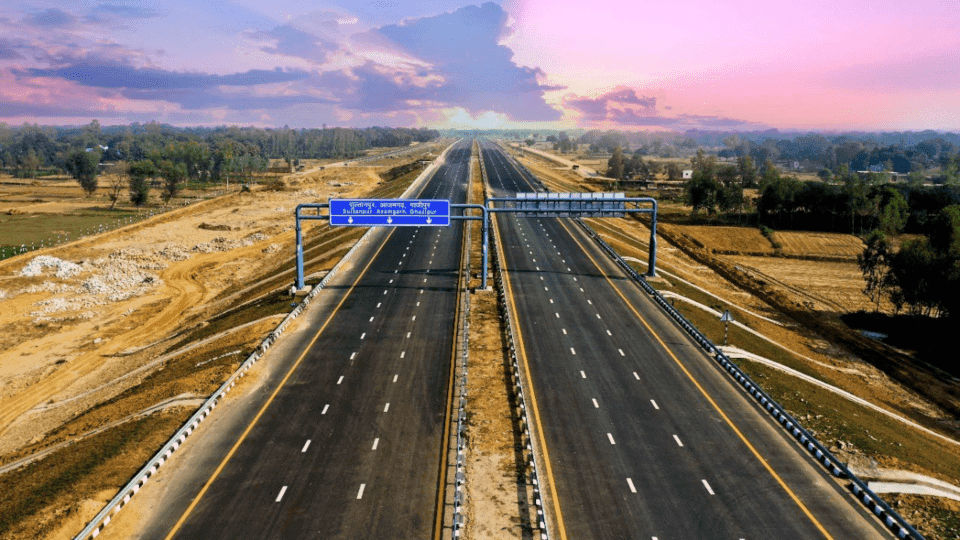We're loading the full news article for you. This includes the article content, images, author information, and related articles.
KeNHA rejected US firm Everstrong Capital’s proposal for a 440-km Nairobi–Mombasa toll expressway, saying it failed to meet PPP Act criteria and directing the company to submit a revised plan focused on expanding the existing highway.

Nairobi, Kenya – August 13, 2025
The Kenya National Highways Authority (KeNHA) has officially rejected a Public-Private Partnership (PPP)proposal by US infrastructure firm Everstrong Capital to build the Usahihi Expressway—a new 440 to 459 km toll road between Nairobi and Mombasa. The 54th PPP Committee meeting on July 2, 2025, concluded that the project failed to meet necessary PPP Act criteria, triggering a direction under Section 43(11)(c) to abandon the proposal. Instead, the committee asked that Everstrong restructure the project to focus on expanding the existing A8 highway.
Initially launched in May 2024, the Usahihi Expressway was touted as Africa’s largest toll road, promising to cut travel time from Nairobi to Mombasa from 10.5 to roughly 4.5 hours and bolster safety, trade, and regional connectivity.
Everstrong Capital submitted a comprehensive 2,300-page Project Development Report (PDR) as part of the feasibility phase, which allegedly set the standard for transparency and detail.
Scope & Vision: The proposal envisioned a four‑ to six‑lane expressway with wildlife corridors, rest stops, electric vehicle charging infrastructure, and environmental safeguards.
Legal Review: During the PPP Committee’s July 2 meeting, officials determined the PDR did not satisfy the evaluation criteria under the PPP Act, and accordingly moved to abandon the plan.
Next Steps: KeNHA was directed to restructure and resubmit a proposal centred around upgrading the current Nairobi–Mombasa (A8) highway. This aligns with Section 43(12) of the PPP Act, allowing resubmission after realignment with evaluation criteria.
Policy Shift: The rejection highlights the government’s renewed emphasis on cost-effective and legally compliant infrastructure development, pivoting away from mega projects that bypass regulatory standards.
Public Debate: Advocates for the expressway noted its potential to reduce travel times dramatically and jump‑start trade. Detractors counter that modernizing the existing road would be far less disruptive and more fiscally prudent.
Investor Confidence: Everstrong Capital, via its senior adviser Kyle McCarter, asserted that the feasibility study remains “investment-ready” and represents the most detailed submission KeNHA has received.
This decision drives a broader national conversation about Kenya’s infrastructure strategy—particularly around the value of public‑private investments, PPP regulatory adherence, and optimal routes to improve national connectivity.
Restructuring the Proposal: Everstrong must revise and present a reconfigured plan that aligns with statutory guidelines—emphasizing expansion instead of entirely new infrastructure.
Evaluation: The re‑submitted proposal will be subjected to fresh scrutiny from the PPP Committee under Section 43(12).
Continued Oversight: KeNHA has pledged to maintain transparency and strict PPP compliance in all future infrastructure undertakings.
Kenya’s decision to shelve the ambitious Usahihi Expressway reflects a motive rooted in regulatory rigor, sustainability, and public value. Whether through an upgraded A8 corridor or a reharmonized PPP model, the final strategy will determine how effectively Kenya seizes its transport future.
Keep the conversation in one place—threads here stay linked to the story and in the forums.
Sign in to start a discussion
Start a conversation about this story and keep it linked here.
Other hot threads
E-sports and Gaming Community in Kenya
Active 9 months ago
The Role of Technology in Modern Agriculture (AgriTech)
Active 9 months ago
Popular Recreational Activities Across Counties
Active 9 months ago
Investing in Youth Sports Development Programs
Active 9 months ago